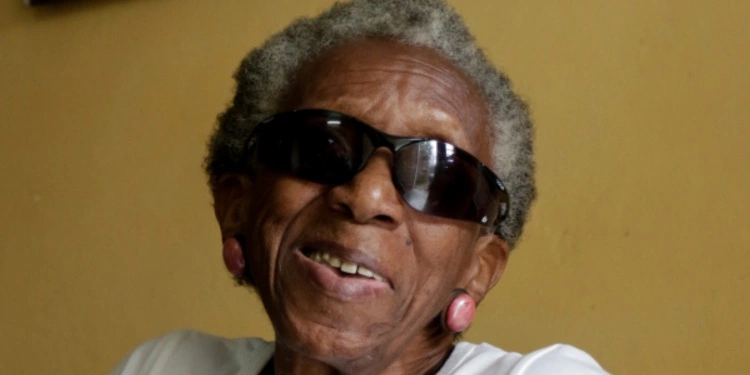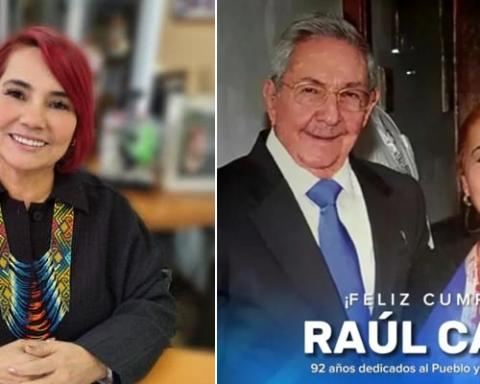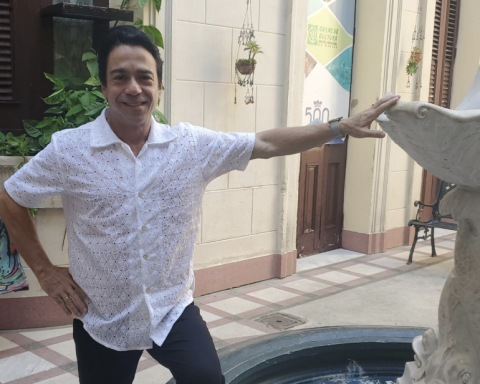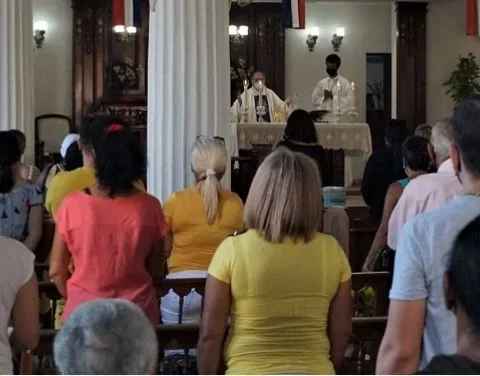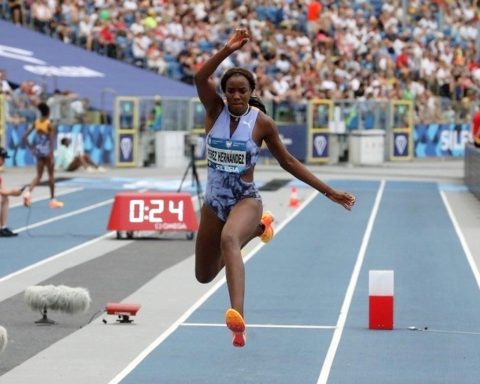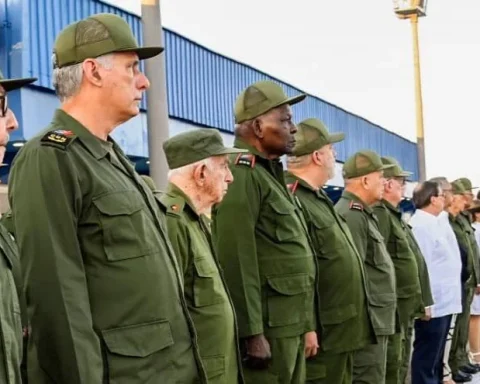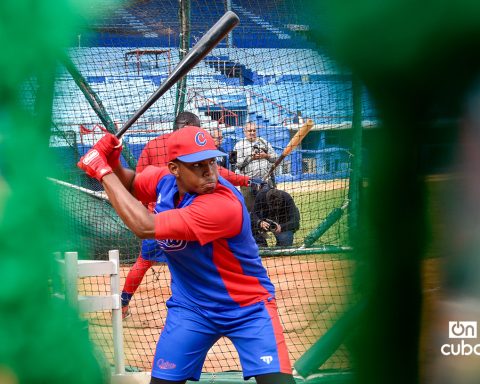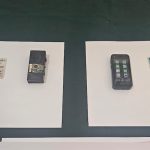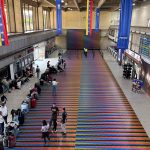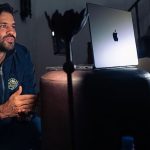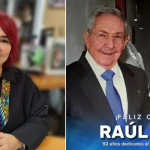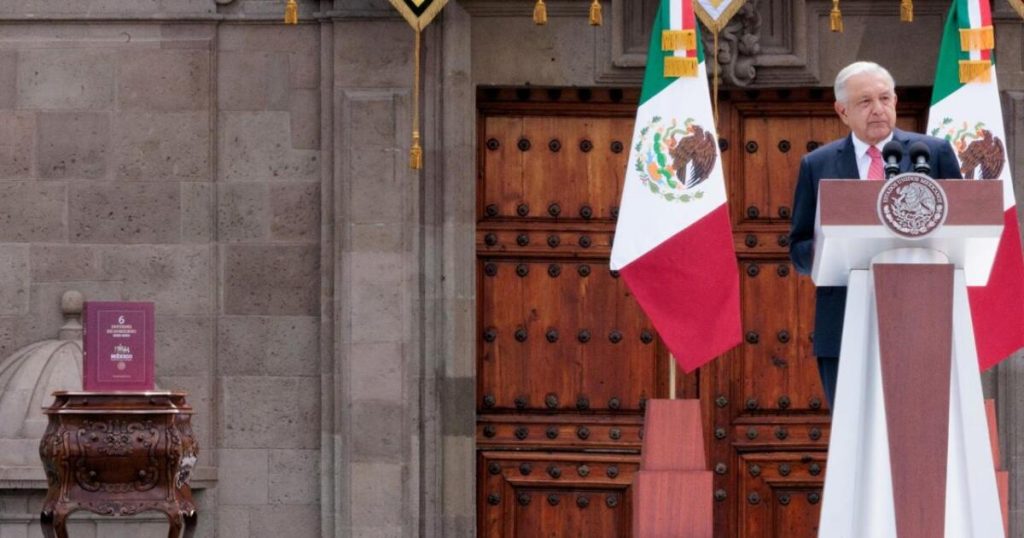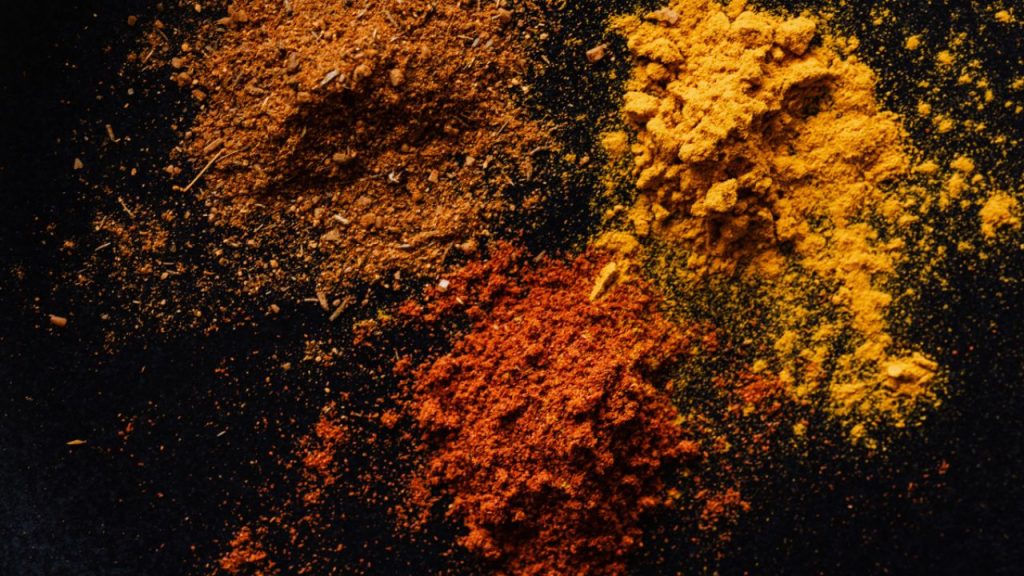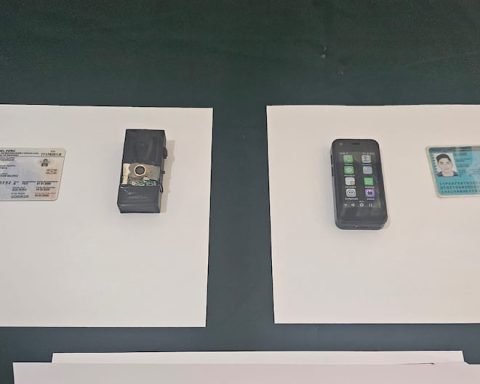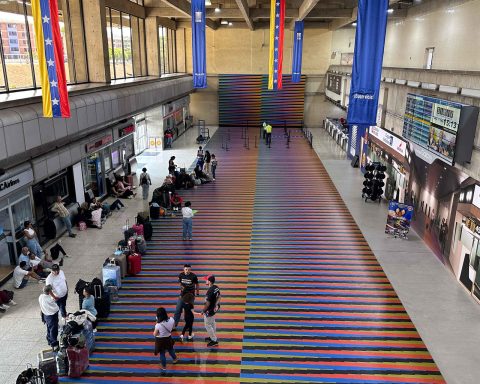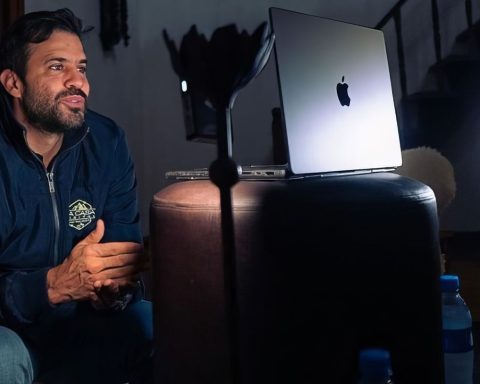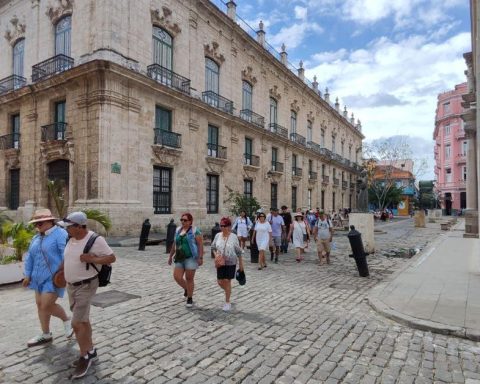HAVANA, Cuba – Santa Margarita Skeet Quiñones, one of the main stars of the Latin American basketball of all time, faces a difficult life situation as he is about to turn 74, according to complaints that appeared this Friday on social networks.
According to former referee and journalist Ramón Rodríguez, in a post titled “SOS for our Margarita,” the former Holguin basketball player “who gave so much glory to her native province and her beloved Cuba,” and who lives in “a very modest space” in the Havana municipality of El Cotorro, “is blind and practically survives thanks to the human charity of neighbors and some friends.”
In El Cotorro, Skeet had to end her career as a trainer due to her health problems.
“This unfortunate situation of a Cuban sports glory of all time cannot continue to be allowed, because it is an affront to our ethical and moral values, towards a person who gave everything to make his four-letter uniform shine in countless events within and outside our borders,” said Rodríguez, also from Holguín and known for his criticism of what has been done wrong in sports, especially in soccer.
Skeet also suffered the theft of the car that INDER had given him in recognition of his merits several years ago, another source commented to Cubanetformer employee of the sports organization.
This year, the 50th anniversary of the Cuban women’s team’s gold medal at the Central American and Caribbean Games in Santo Domingo, a triumph in which the Holguin native was a key piece, went unnoticed by provincial and national sports and basketball authorities.
Despite her 1.67 meters in height, her jumping power and ball skills made her for years the best player on the island, with the ability to have performed successfully in American basketball, according to some local experts.
In 1976, she was selected among the ten best Cuban athletes. Her number 14 became a legendary identification on the local and international court. On several occasions she appeared in the All-Star team in foreign tournaments.
She was an Olympian in Moscow 1980, where Cuba finished fifth in the women’s tournament. She participated in three world championships: in 1967, in Prague, her dreams were dashed when Havana ordered the Caribbean team to withdraw in “solidarity” with North Korea when the Asians were prevented from competing. In 1971, she finished seventh in Sao Paulo, and in 1983, when Cuba was eliminated in the qualifying phase.
He won four consecutive medals at the Pan American Games: bronze in Cali 1971 and Mexico City 1975; gold in San Juan 1979 and silver in Caracas 1983.
Her feat as the main spark plug of the tricolor quintet was extended with four gold titles in the Central American and Caribbean Games in Panama City 1970, Santo Domingo 1974, Medellín 1978 and Havana 1982. And to this we must add the silver in San Juan 1966 when she was part of the well-known “Delegation of Cerro Pelado”. A golden era that Skeet shared with players such as Matilde Charro, Mireya Cartaya, Marta Reinoso, Maité Borrero, Sonia de la Paz, María Luisa Serret, Claudina Jova, María Moret, Bárbara Bécquer, Leonor Borrell and others.
Basketball fans may remember the 1984 Pre-Olympic Games in Havana at the Ciudad Deportiva Coliseum, when Skeet, the oldest player in the squad at the time, known as El Ciclón Antillano, was honored for her work both in a grassroots tournament and on foreign courts. She retired in 1985. Fidel Castro’s boycott of the Los Angeles Games, for which Cuban women in basketball had qualified behind China, Yugoslavia, Canada and Hungary, frustrated what would have been the second Olympic dream and the farewell of the emblematic player from the East, who today needs help.
